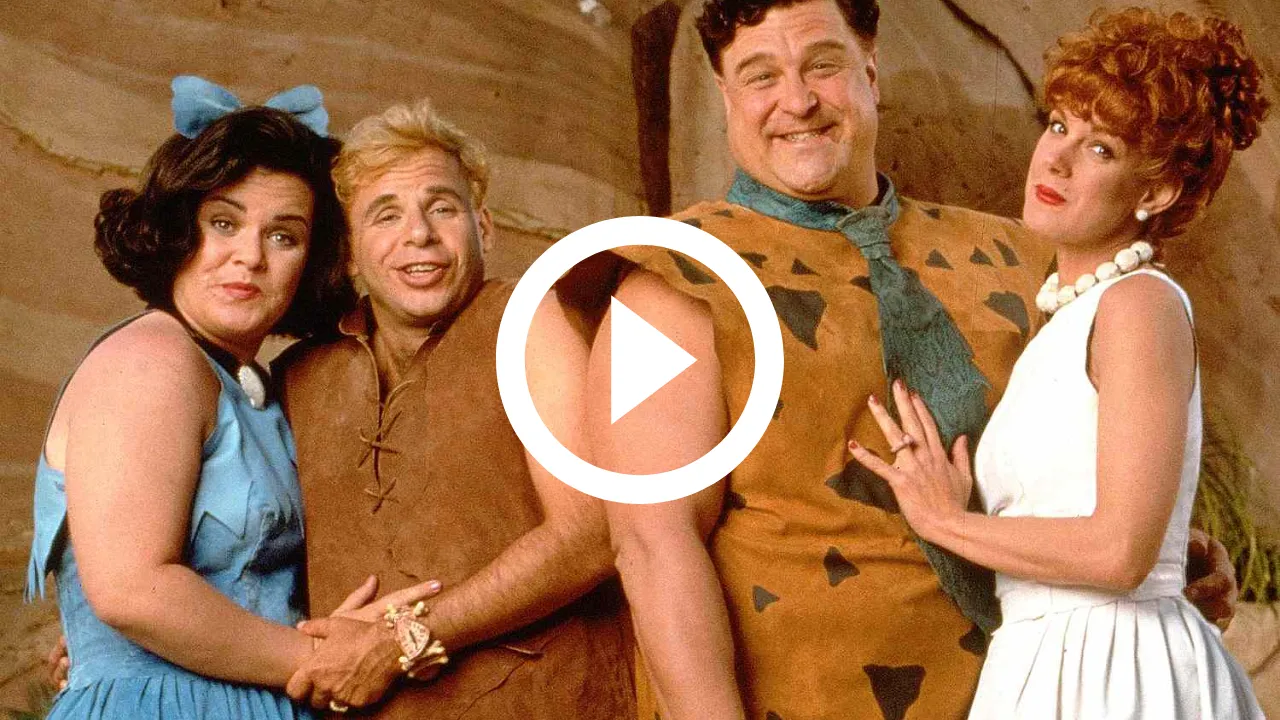A Bleak and Powerful Vision of a Dying World
Children of Men, directed by Alfonso Cuarón, is a haunting science fiction drama set in a near-future world where humanity faces extinction. The year is 2027, and for nearly two decades, no children have been born. As society crumbles under the weight of fear, authoritarianism, and hopelessness, the film paints a chilling picture of a world without future.
Clive Owen stars as Theo Faron, a former activist turned disillusioned bureaucrat, who is pulled back into the resistance when he’s asked to protect a young refugee named Kee—the first known pregnant woman in eighteen years. As Theo escorts her through a landscape filled with war zones, refugee camps, and oppressive forces, the film becomes a desperate and intimate journey of survival and redemption.
The world of Children of Men is grim and grounded. Rather than relying on futuristic technology, the film creates a believable dystopia through decaying cities, overcrowded detention centers, and a constant military presence. It feels frighteningly real, reflecting current global anxieties about immigration, social unrest, and political collapse.
Cuarón’s direction is masterful, particularly in his use of long, unbroken shots that pull viewers directly into the chaos. One unforgettable sequence—a war-torn city in a single take—is among the most intense in modern cinema. The cinematography by Emmanuel Lubezki adds raw beauty and urgency to the bleak world.
Clive Owen delivers a quietly powerful performance, portraying a man whose cynicism slowly gives way to courage and hope. The film also features strong supporting work from Julianne Moore, Chiwetel Ejiofor, and Michael Caine.
Children of Men is not just a dystopian thriller—it is a deeply human story about resilience, sacrifice, and the fragile possibility of renewal. In a world where humanity has lost faith in the future, the birth of a child becomes a revolutionary act of hope.



